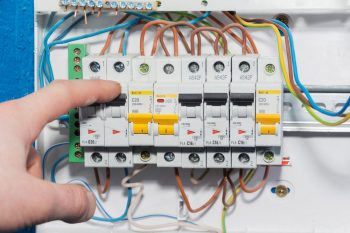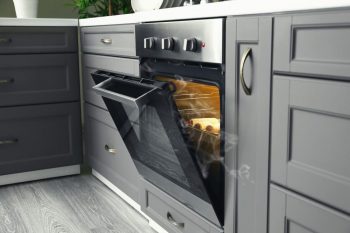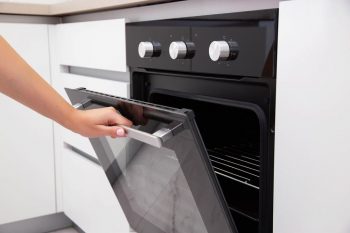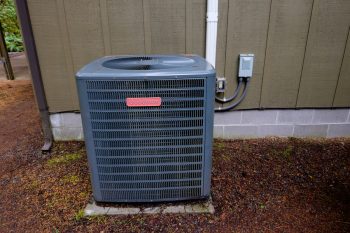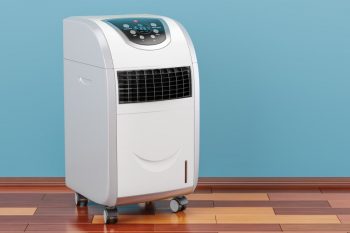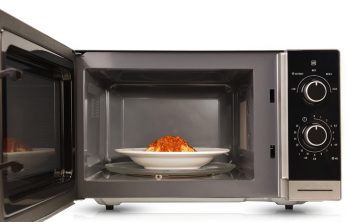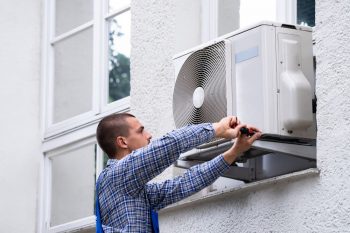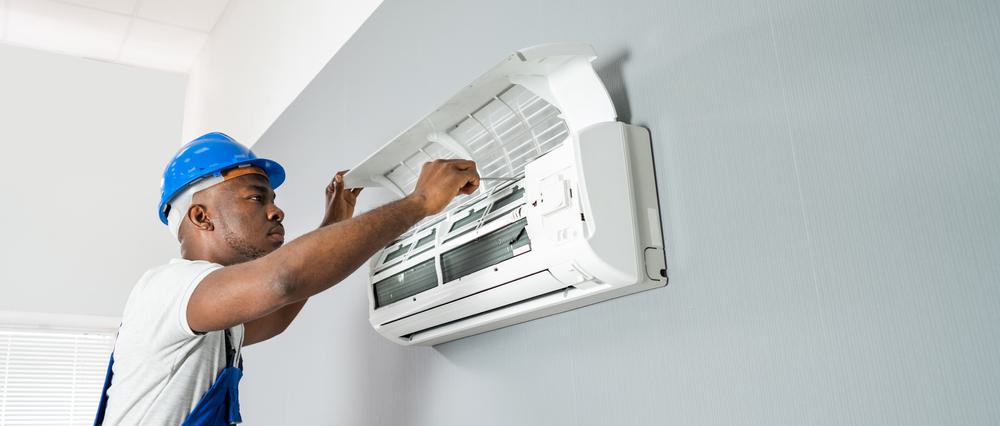
Air conditioning has become a staple in most households and businesses, especially during the sweltering summer months. But have you ever wondered what makes an air conditioner cold? In this comprehensive guide, we will delve into the mechanics of how an air conditioner functions, the components involved, and the role each plays in the cooling process.
An air conditioner cools by removing heat and humidity from the indoor air. This is achieved using a chemical called refrigerant that absorbs the heat as it changes from a liquid to a gas state. The heat is then released outside via the condenser, and the cooled refrigerant repeats the process. The size, power, and maintenance of the air conditioner also play crucial roles in its cooling efficiency.
How Does an Air Conditioner Work?
An air conditioner works by removing heat and humidity from the indoor air, providing cold air inside your home or enclosed space, and transferring the unwanted heat and humidity outside. This intricate process involves a specialized chemical called refrigerant and three main mechanical components: the compressor, the condenser, and the evaporator.
The Role of Refrigerant
Refrigerant, a chemical blend with a low boiling point, is the secret ingredient that makes air conditioning possible. It constantly changes from a vapor to a liquid and back again as it travels through the system. The warm air inside your house is drawn in through a vent and blows over the cold evaporator coil, which absorbs heat from the air, cooling it. As the refrigerant absorbs the heat from the passing air, it changes from a liquid state to a gaseous state and continues to travel along the loop system.
The Compressor, Condenser, and Evaporator
The compressor’s job is to squeeze the refrigerant gas, packing its molecules closer together and raising its temperature. The high-pressure, high-temperature gas then moves to the condenser, where it releases heat to the outside air, causing the refrigerant to condense back into a liquid. The cooled liquid refrigerant then passes through an expansion valve, which reduces its pressure and temperature before it enters the evaporator again, repeating the cycle.
The Importance of Size and Power
When it comes to cooling, the size and power of an air conditioner play a crucial role. An undersized unit will struggle to cool the space, while an oversized unit will cool the area too quickly without removing enough humidity from the air, leaving the room cold and clammy. Other factors, such as ceiling height, sunlight exposure, and the size of windows and doorways, can also affect the efficiency of an air conditioner.
Regular Maintenance and Servicing
Regular maintenance and servicing can significantly improve the cooling efficiency of an air conditioner. This includes cleaning or replacing filters, inspecting and cleaning coils, checking refrigerant levels, and lubricating moving parts. Regular maintenance can help you save money on energy bills, reduce the need for repairs, and prolong the life of your air conditioning system.
Common Problems and Solutions
Despite regular maintenance, certain issues might prevent an air conditioner from cooling effectively. These include dirty or clogged air filters, blocked or dirty condenser coils, blocked condenser units, damaged heat pumps, frozen evaporator coils, bad indoor fan motors, broken capacitors, and refrigerant leaks. Most of these issues can be resolved with regular cleaning and replacement of parts. However, if the problem persists, it is recommended to contact a professional HVAC technician for assistance.
In conclusion, the primary function of an air conditioner is to absorb heat from the indoor air and release it outside, thus cooling the air inside the room. Its ability to change states between liquid and gas allows it to efficiently transfer heat and create the desired cooling effect in air conditioning systems. Understanding the mechanics of your air conditioner can help you maintain it better, ensuring optimal performance, energy efficiency, and comfort.
Frequently Asked Questions
What is the ideal temperature setting for an air conditioner?
The ideal temperature setting for an air conditioner can vary according to personal comfort, but generally, it is recommended to set your air conditioner between 22°C (72°F) and 26°C (78°F).
How often should I have my air conditioner serviced?
It is recommended to have your air conditioner serviced at least once a year, preferably in the spring before the peak cooling season begins. Regular servicing can help maintain the efficiency of your system and prevent breakdowns.
How can I reduce the energy consumption of my air conditioner?
There are several ways to reduce the energy consumption of your air conditioner. These include setting your thermostat at an energy-efficient temperature, using ceiling fans to circulate cool air, closing curtains and blinds to block out heat from the sun, and insulating your home to prevent heat gain.
Can I install an air conditioner myself?
While it is possible to install an air conditioner yourself, it is generally recommended to have it installed by a professional. This ensures that the unit is installed correctly and safely, and that it operates at peak efficiency.
What causes an air conditioner to freeze up?
An air conditioner can freeze up due to a variety of reasons, including low refrigerant levels, poor airflow caused by a dirty filter or blocked vents, or a malfunctioning blower fan. If your air conditioner freezes up, it’s best to turn it off and call a professional to diagnose and fix the problem.

